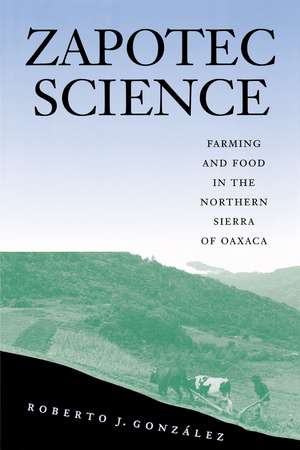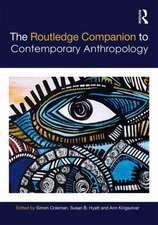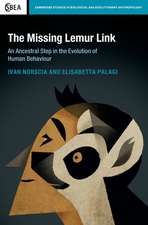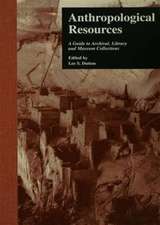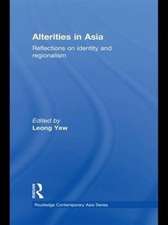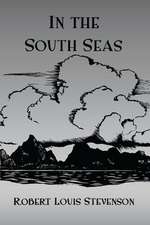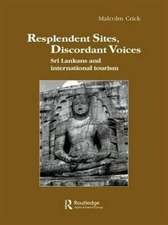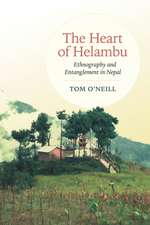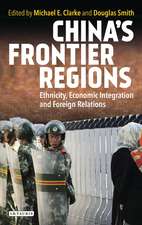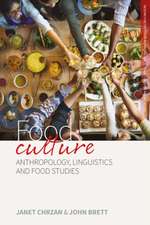Zapotec Science: Farming and Food in the Northern Sierra of Oaxaca
Autor Roberto J. Gonzálezen Limba Engleză Paperback – aug 2001
2002 — A CHOICE Outstanding Academic Book
How Zapotec agricultural and dietary theories and practices constitute a valid local science.
Zapotec farmers in the northern sierra of Oaxaca, Mexico, are highly successful in providing their families with abundant, nutritious food in an ecologically sustainable fashion, although the premises that guide their agricultural practices would be considered erroneous by the standards of most agronomists and botanists in the United States and Europe. In this book, Roberto González convincingly argues that in fact Zapotec agricultural and dietary theories and practices constitute a valid local science, which has had a reciprocally beneficial relationship with European and United States farming and food systems since the sixteenth century.
González bases his analysis upon direct participant observation in the farms and fields of a Zapotec village. By using the ethnographic fieldwork approach, he is able to describe and analyze the rich meanings that campesino families attach to their crops, lands, and animals. González also reviews the history of maize, sugarcane, and coffee cultivation in the Zapotec region to show how campesino farmers have intelligently and scientifically adapted their farming practices to local conditions over the course of centuries. By setting his ethnographic study of the Talea de Castro community within a historical world systems perspective, he also skillfully weighs the local impact of national and global currents ranging from Spanish colonialism to the 1910 Mexican Revolution to NAFTA. At the same time, he shows how, at the turn of the twenty-first century, the sustainable practices of "traditional" subsistence agriculture are beginning to replace the failed, unsustainable techniques of modern industrial farming in some parts of the United States and Europe.
Preț: 262.40 lei
Nou
Puncte Express: 394
Preț estimativ în valută:
50.21€ • 52.32$ • 41.57£
50.21€ • 52.32$ • 41.57£
Carte tipărită la comandă
Livrare economică 03-17 aprilie
Preluare comenzi: 021 569.72.76
Specificații
ISBN-13: 9780292728325
ISBN-10: 0292728328
Pagini: 342
Ilustrații: 23 b&w illustrations, 4 line drawings, 2 maps, 9 tables
Dimensiuni: 152 x 229 x 26 mm
Greutate: 0.45 kg
Ediția:New.
Editura: University of Texas Press
Colecția University of Texas Press
ISBN-10: 0292728328
Pagini: 342
Ilustrații: 23 b&w illustrations, 4 line drawings, 2 maps, 9 tables
Dimensiuni: 152 x 229 x 26 mm
Greutate: 0.45 kg
Ediția:New.
Editura: University of Texas Press
Colecția University of Texas Press
Notă biografică
Roberto J. González is a professor of anthropology at San José State University.
Cuprins
- Acknowledgments
- 1. The Conceptual Bases of Zapotec Farming and Foodways
- 2. Locating Talea: Geography, History, and Cultural Contexts
- 3. The Craft of the Campesino: Measures, Implements, and Artifacts
- 4. "Maize Has a Soul": Rincón Zapotec Notions of Living Matter
- 5. From Milpa to Tortilla: Growing, Eating, and Exchanging Maize
- 6. Sweetness and Reciprocity: Sugarcane Work
- 7. The Invention of "Traditional" Agriculture: The History and Meanings of Coffee
- 8. Agriculture Unbound: Cultivating the Ground between Science Traditions
- Appendix A. Pronunciation of Rincón Zapotec Terms
- Appendix B. Talean Food Plants
- Appendix C. Talean Livestock and Game Animals
- Appendix D. Selected Average Crop Yields
- Appendix E. Recipes
- Notes
- References
- Index
Descriere
In this book, Roberto González convincingly argues that Zapotec agricultural and dietary theories and practices constitute a valid local science, which has had a reciprocally beneficial relationship with European and United States farming and food systems
